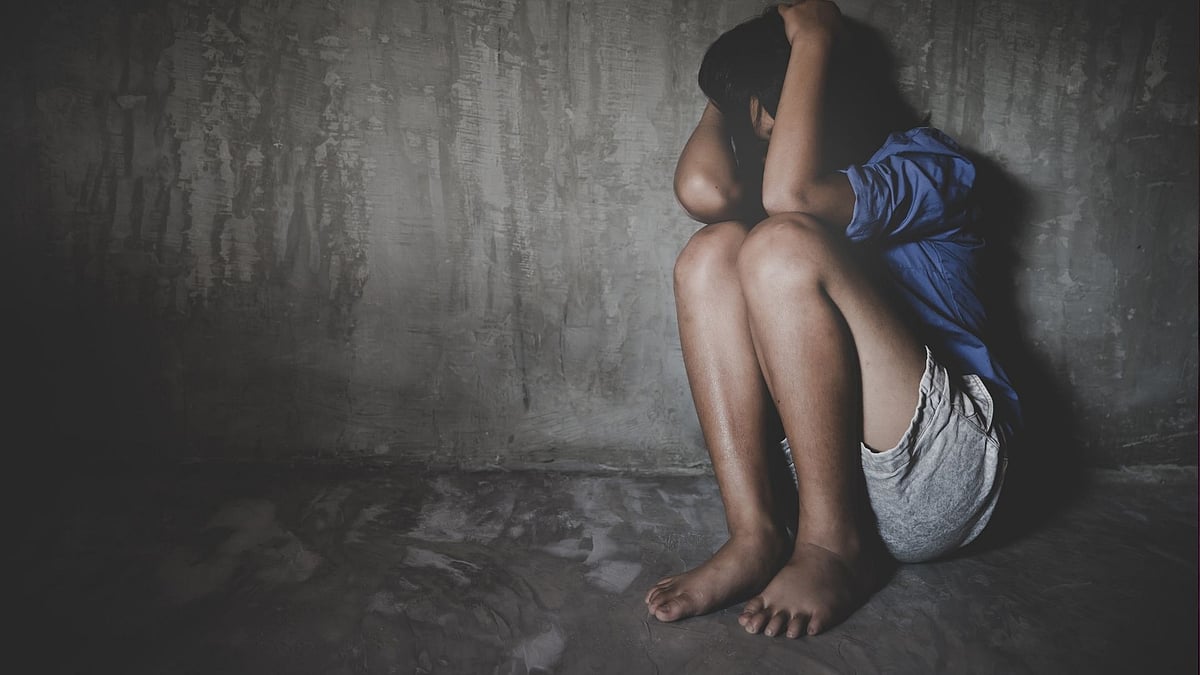In a deeply disturbing incident from Sabe Gaon in Diva, Thane district, a 28-year-old woman named Yashoda Gudimetala has been booked by Mumbra Police for allegedly assaulting her four-year-old daughter with a steel spoon. A video of the horrifying act, recorded by a 17-year-old girl present at the scene, went viral on social media. The footage shows the mother beating the child, dragging her, and pressing her leg against the toddler’s chest, as other children helplessly try to intervene.
What is perhaps equally disturbing, however, is the way a section of netizens reacted to the video. Instead of expressing concern or outrage, many flooded comment sections with jokes, nostalgia, and disturbing normalisations of childhood abuse.
One user commented, "Bhai sahab, hmein garam tawa aur belan se maara gaya hai..." Another commented, "Even I was beaten like this. It’s not a big deal." Another user said, “Seriously, yeh shocking hai?”
These comments echo a dangerous sentiment: that abuse is acceptable just because it was common. Rather than acknowledging the severity of what the child went through, some viewers trivialised the trauma, likening it to discipline they endured themselves. This normalisation of violence reflects a deep-rooted issue in our society -a failure to differentiate between discipline and abuse, and an alarming lack of empathy.
It’s important to ask ourselves- where are we headed as a society when violence against a helpless child is dismissed as a parenting technique or even glorified as "the way things should be"? The moment we start excusing brutality under the guise of tradition or personal experience, we risk breeding a generation that continues this cycle of trauma.
Incidents like these are not isolated anymore. Reports of child abuse -physical, emotional, and psychological-are making headlines with alarming frequency. Yet, rather than seeing it as a wake-up call, we’ve become desensitised. When did we lose our collective humanity?
A major contributor to this desensitisation is the lack of mental health awareness. Many who justify such violence are themselves survivors of abuse, never having processed or healed from it. Instead of recognising their trauma, they normalise it and, in doing so, perpetuate it. Prioritising mental health is no longer optional- it’s essential. For parents, for children, and for society as a whole. Therapy, emotional regulation, and healthy parenting are not luxuries; they are necessities in building a compassionate future.
We need to break this cycle. We need to stop laughing off violence and start calling it what it is- abuse. If we truly care about children, about the next generation, we must create homes and societies that protect, nurture, and uplift them- not ones that scar them for life in the name of “discipline.”
The video from Thane should be a wake-up call- not just about one woman’s cruelty, but about our collective moral decay. Let us not be the society that excuses harm. Let us be the one that heals.










